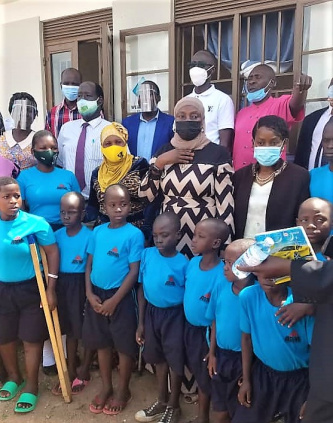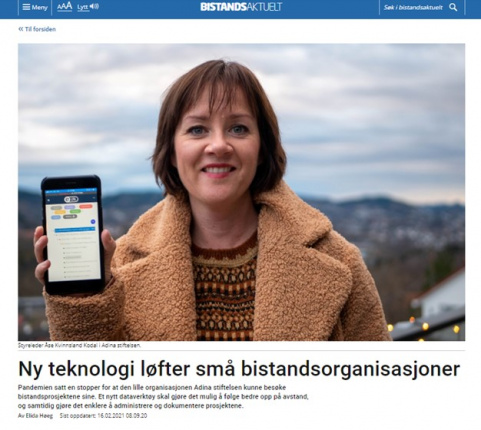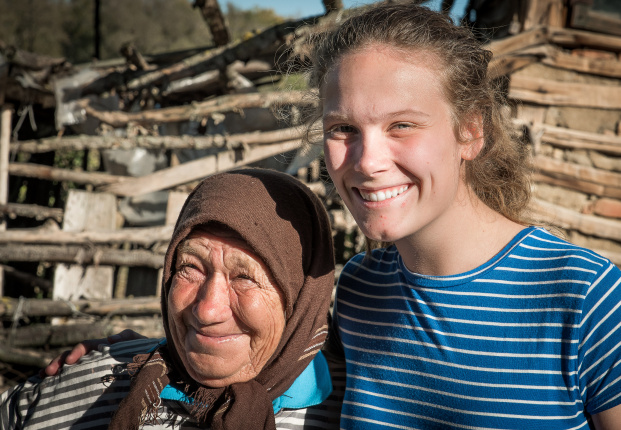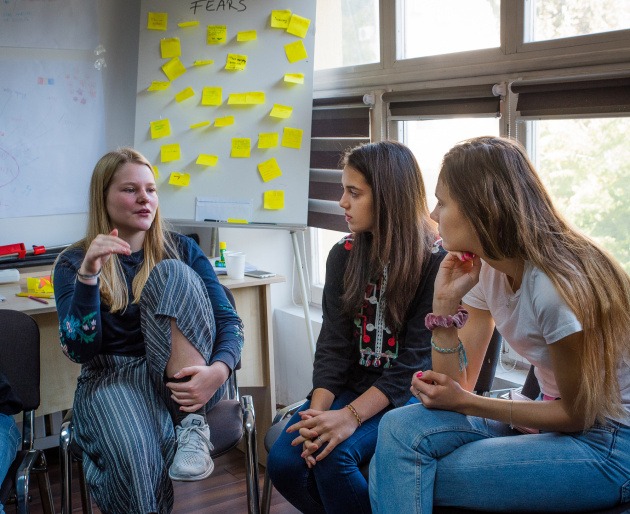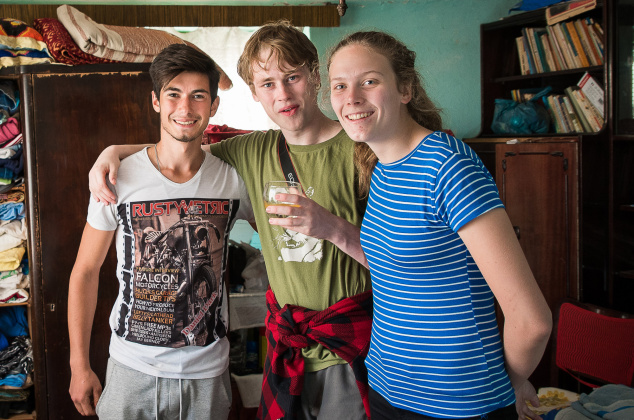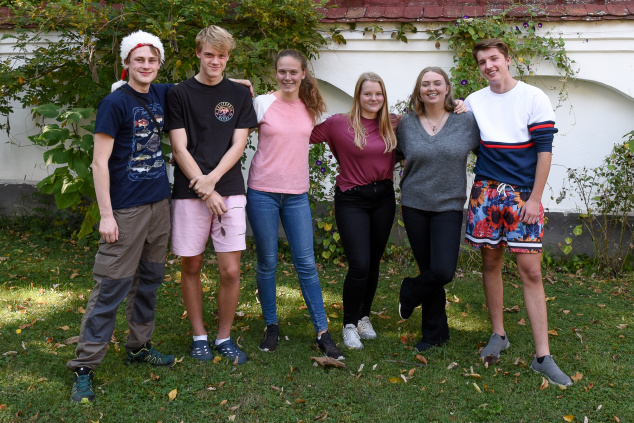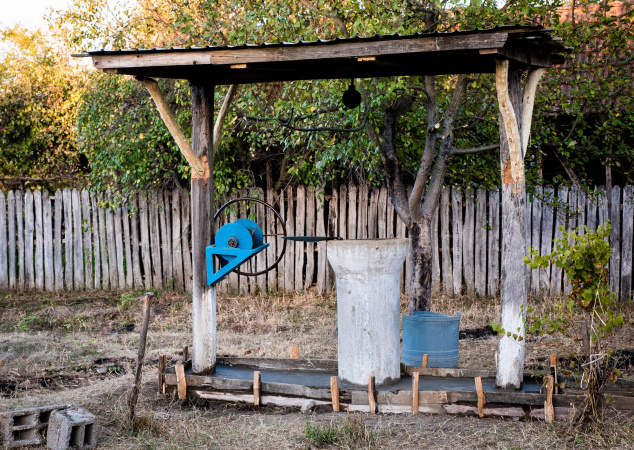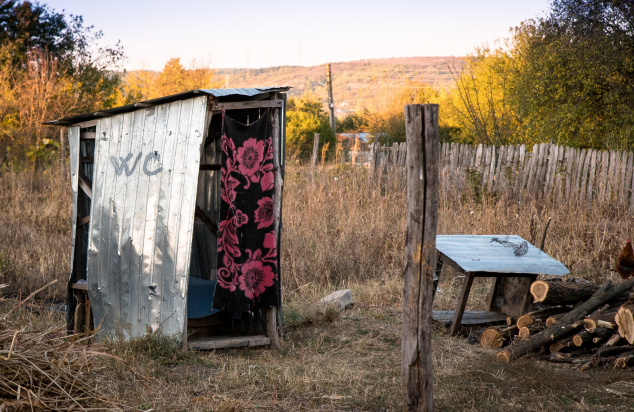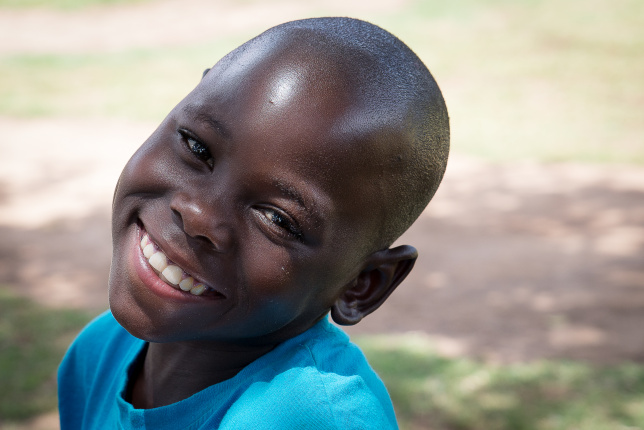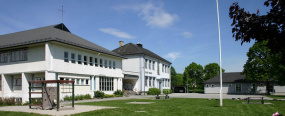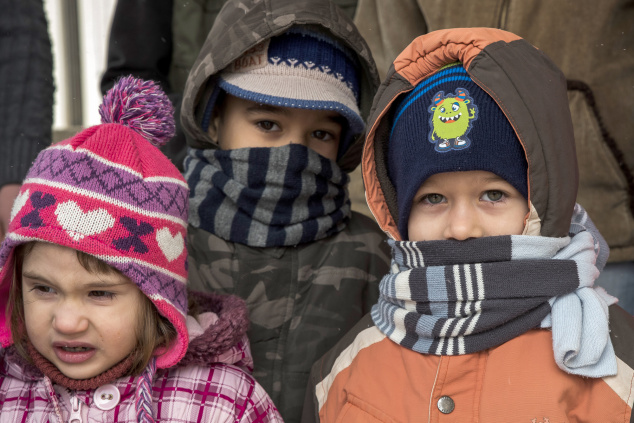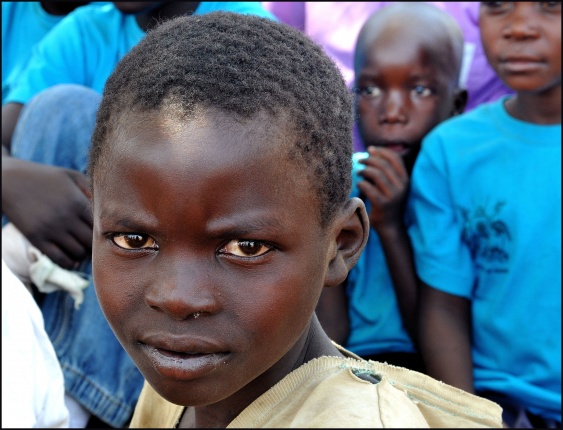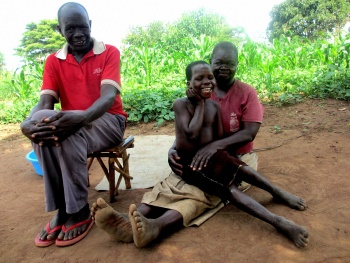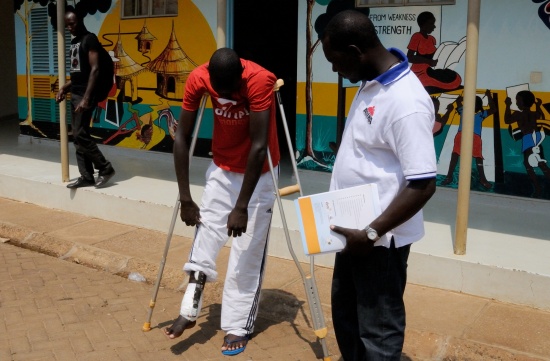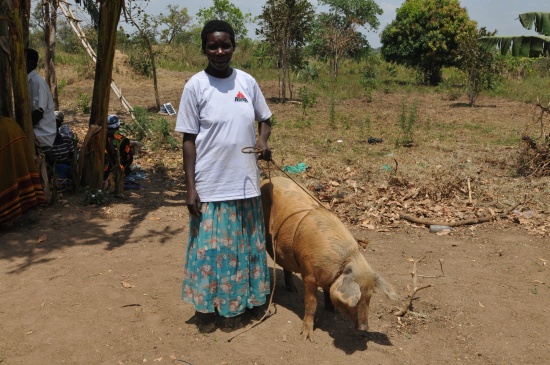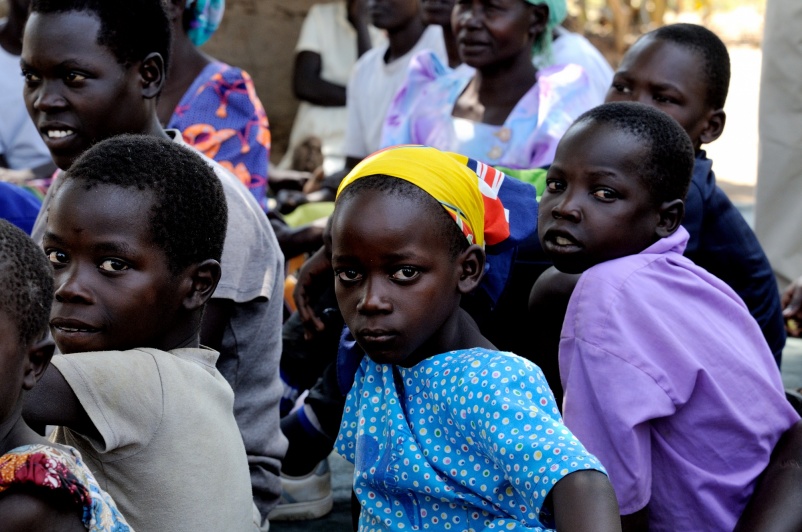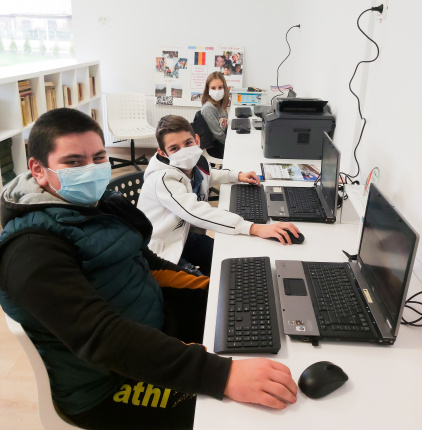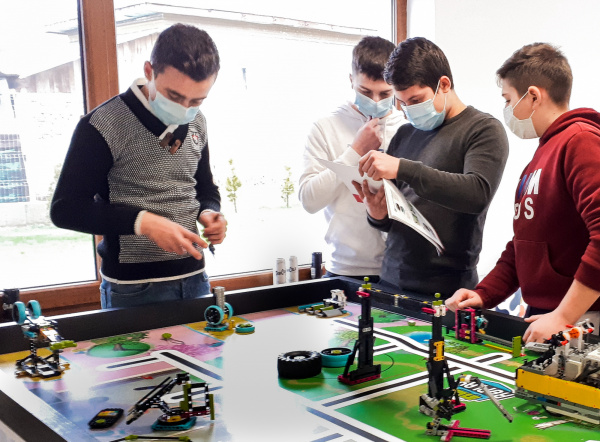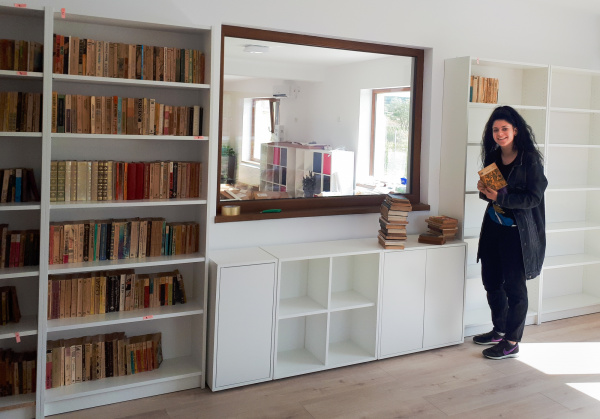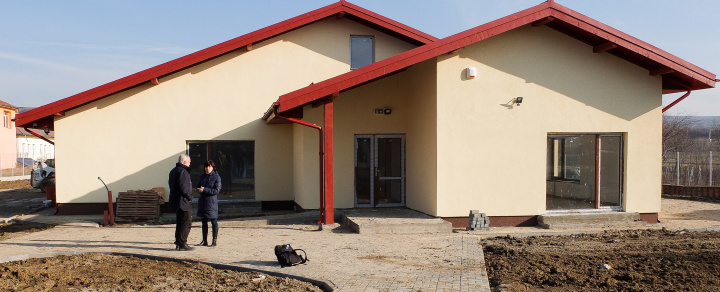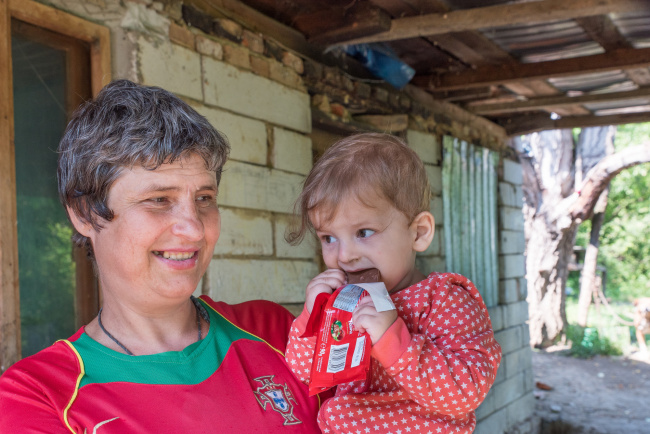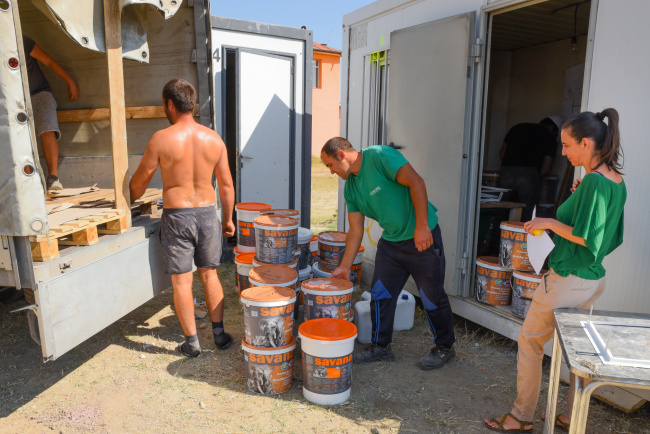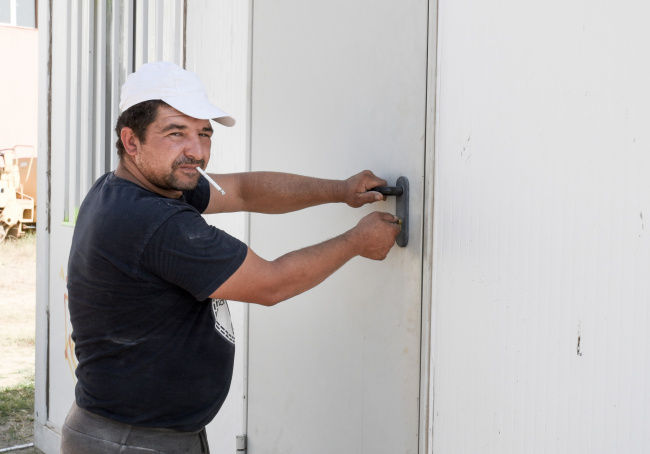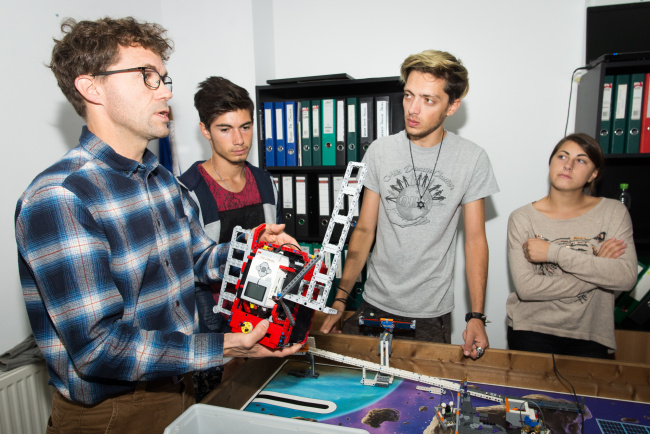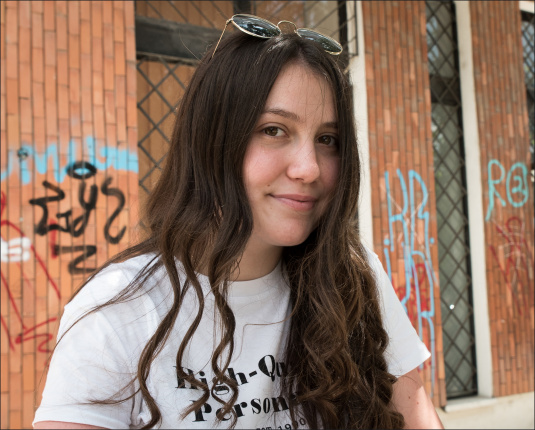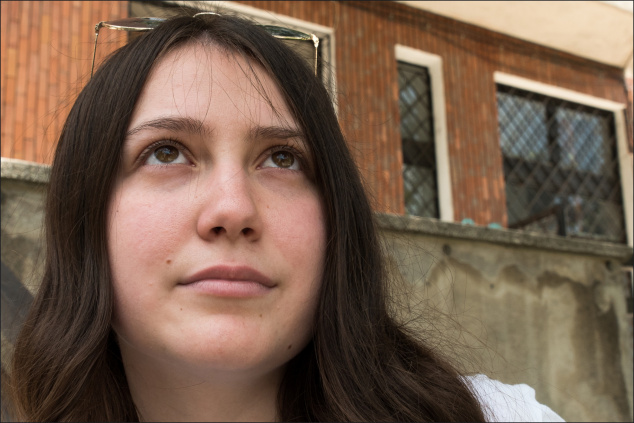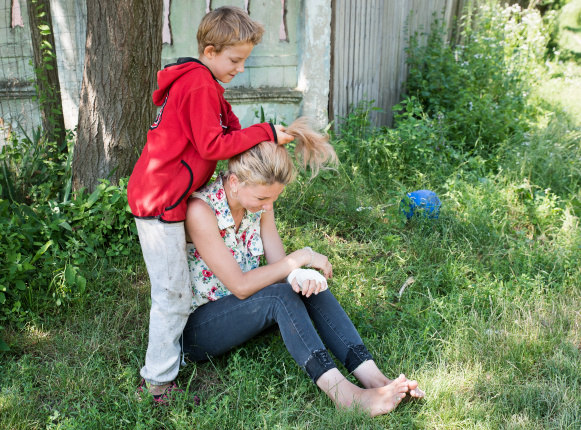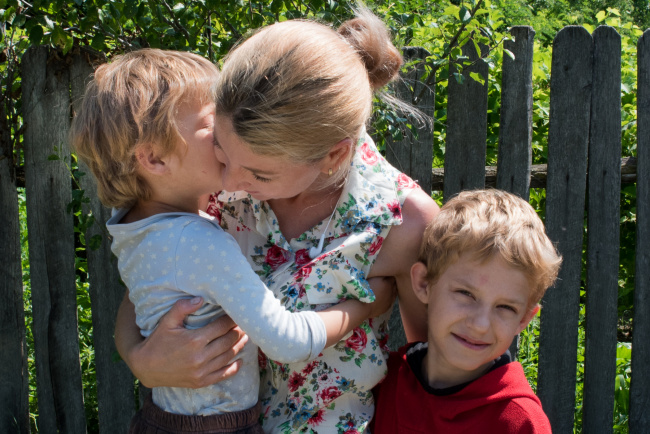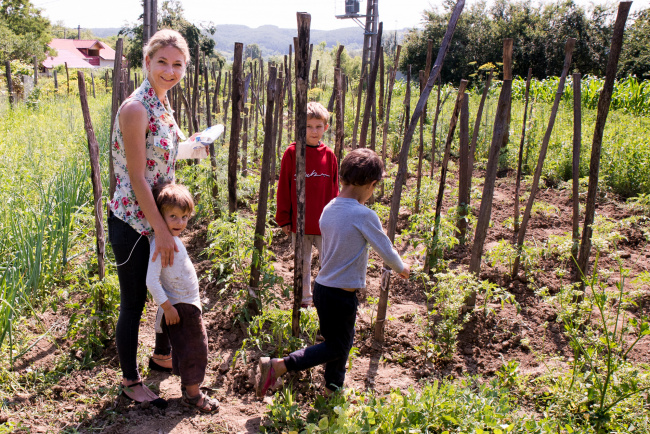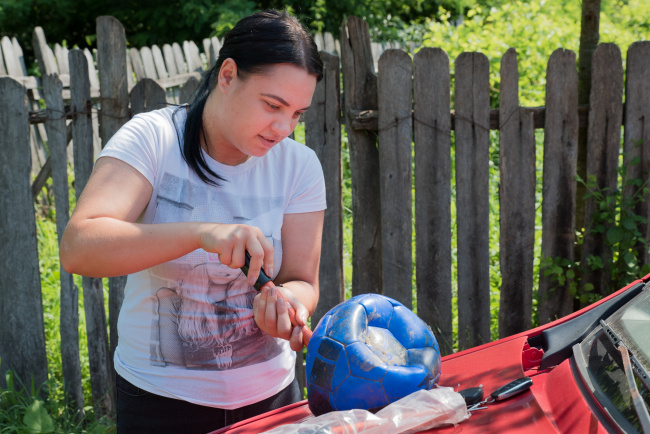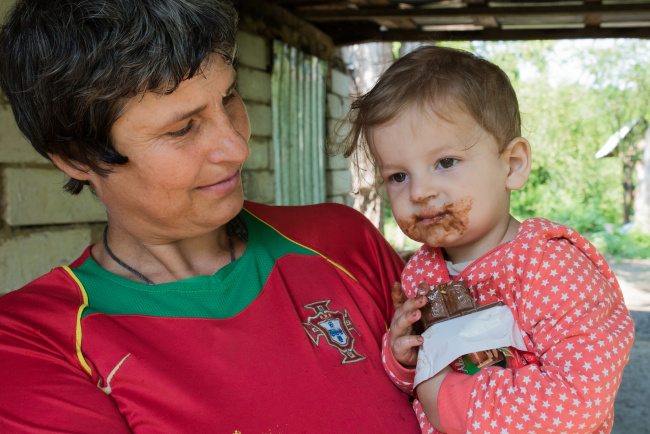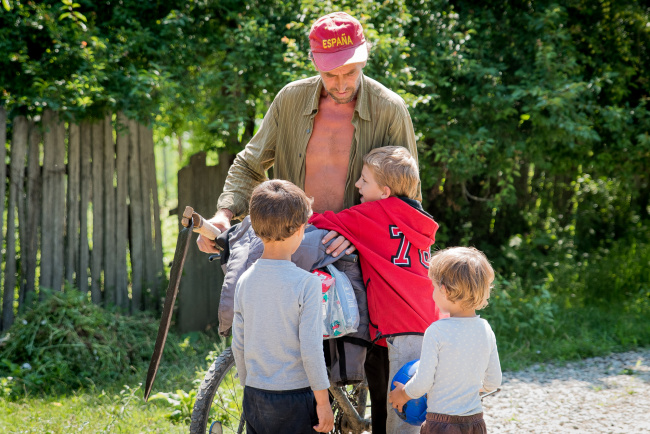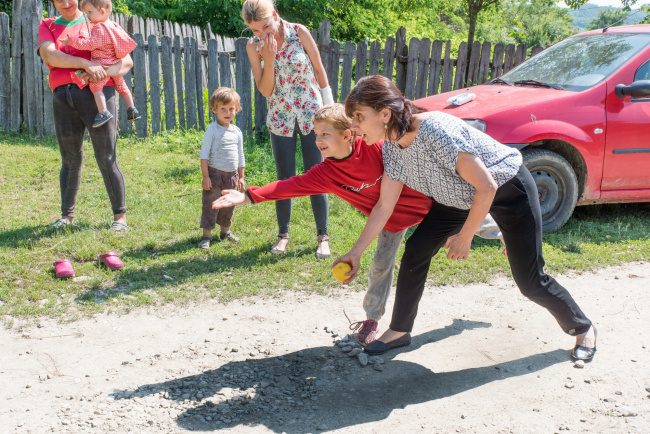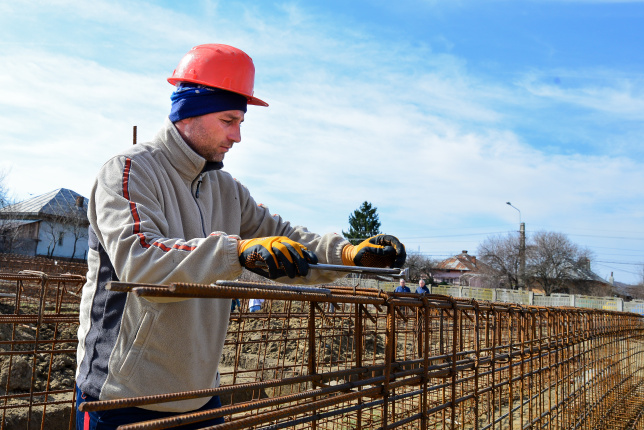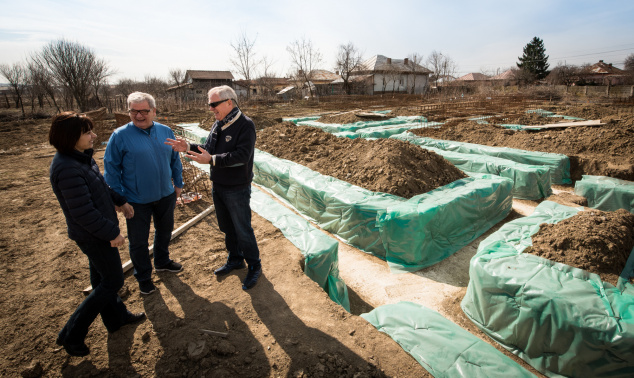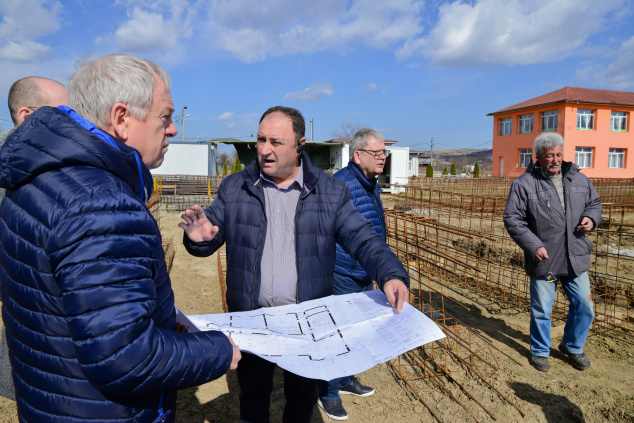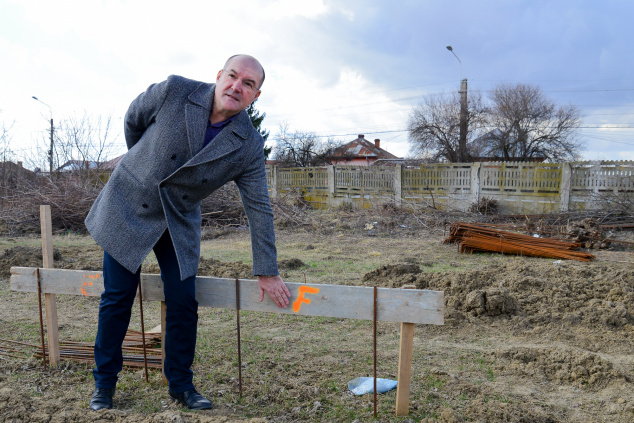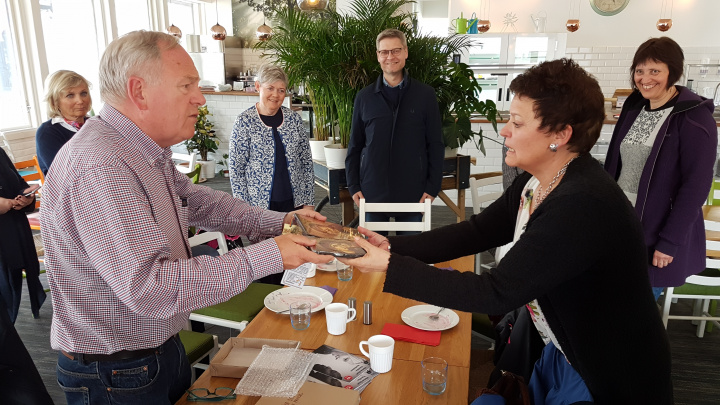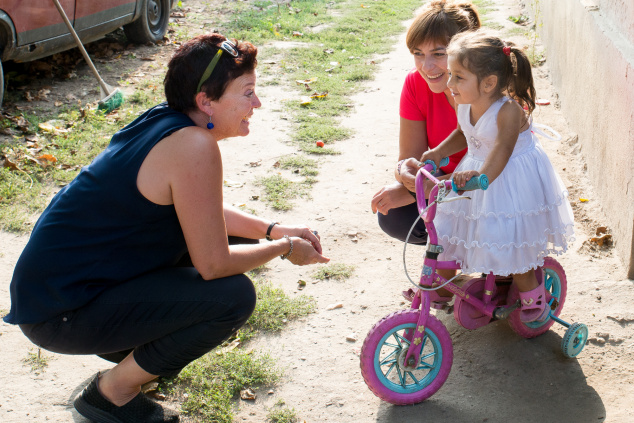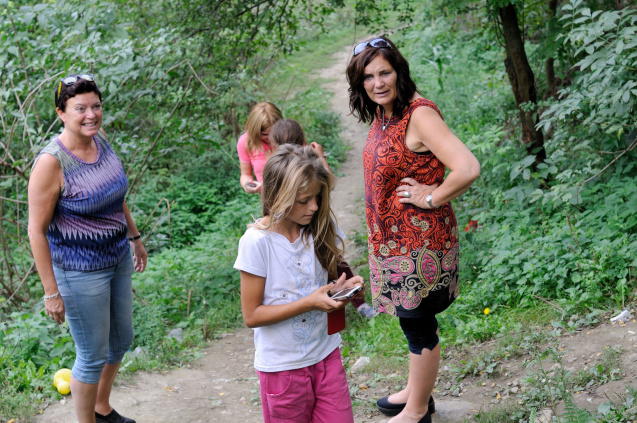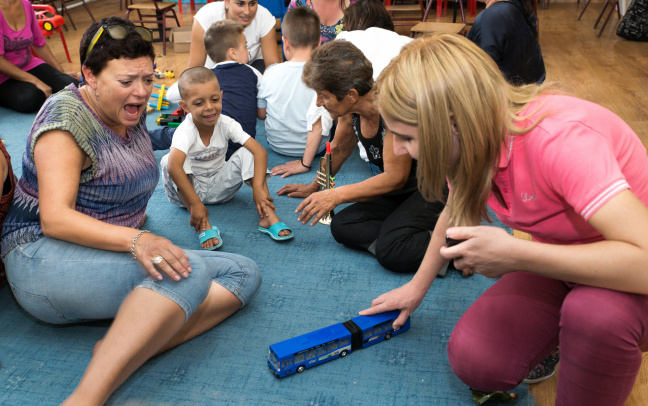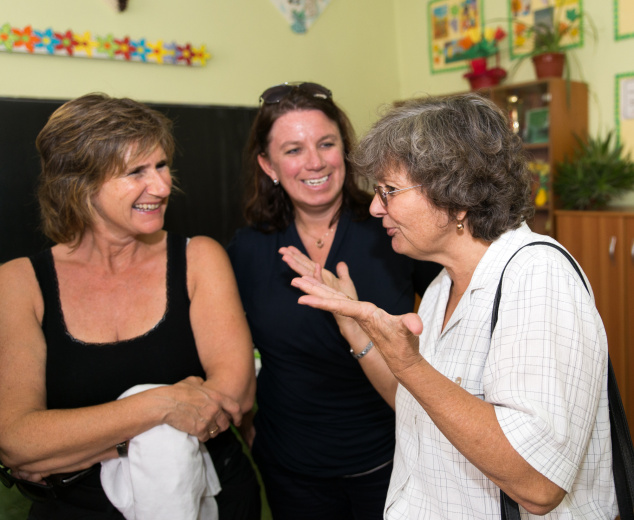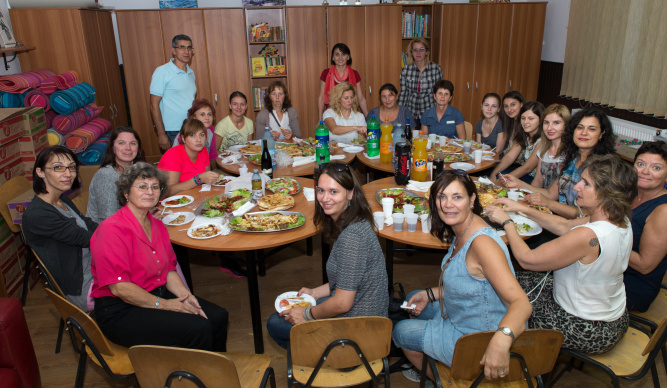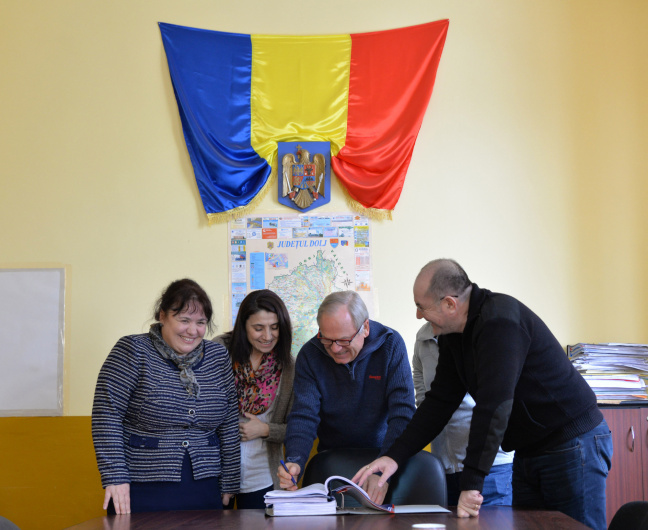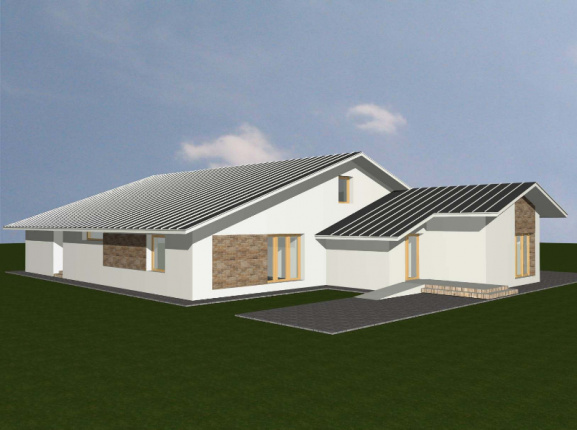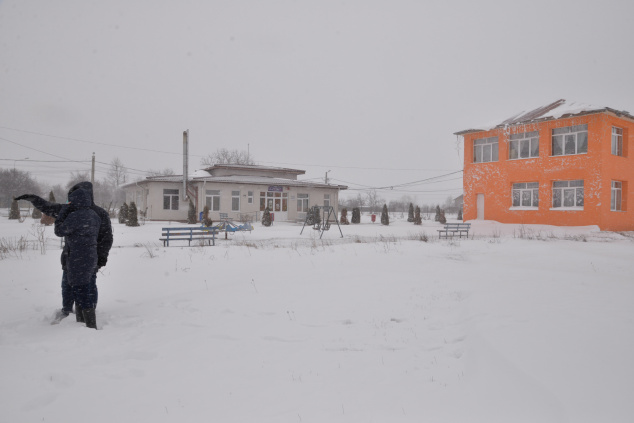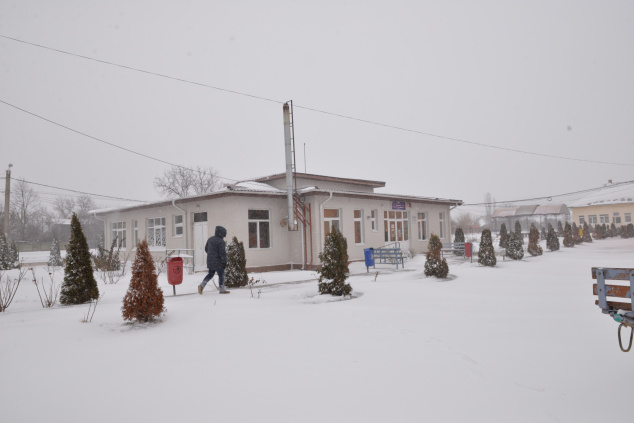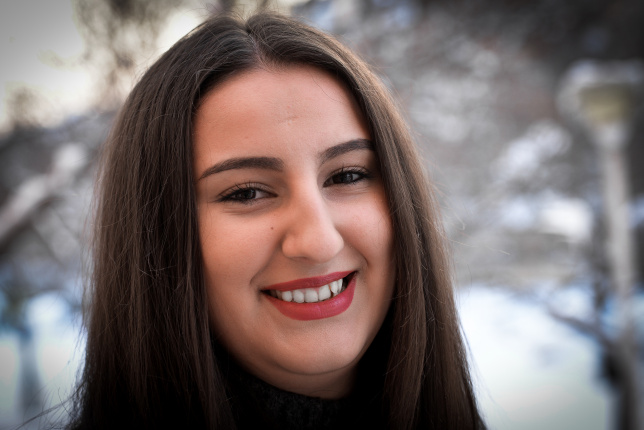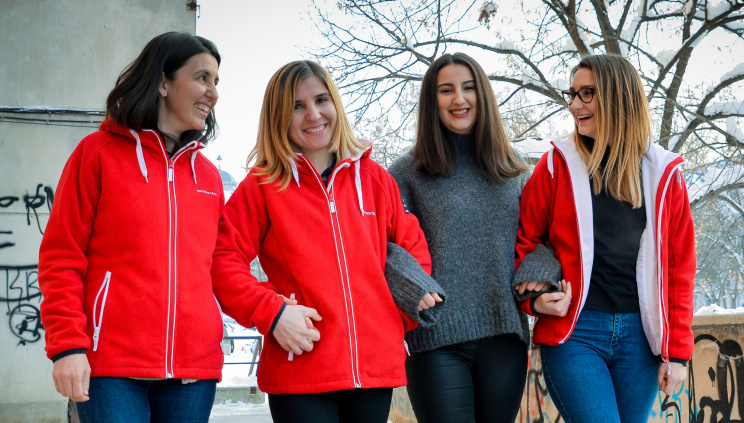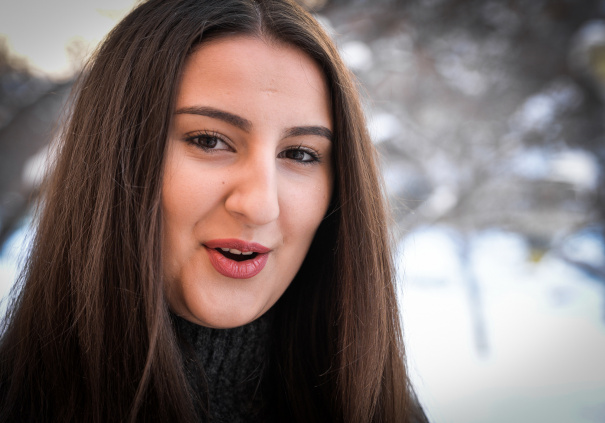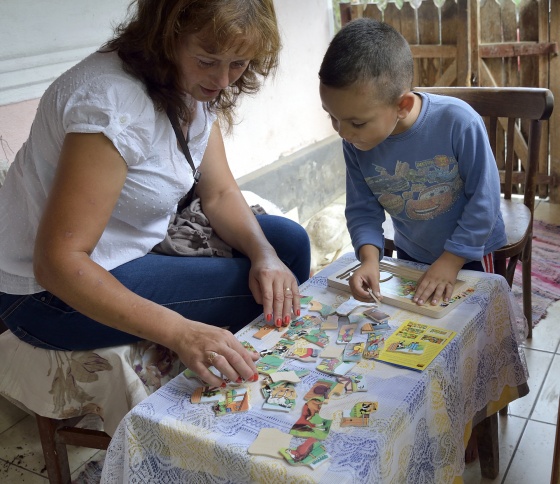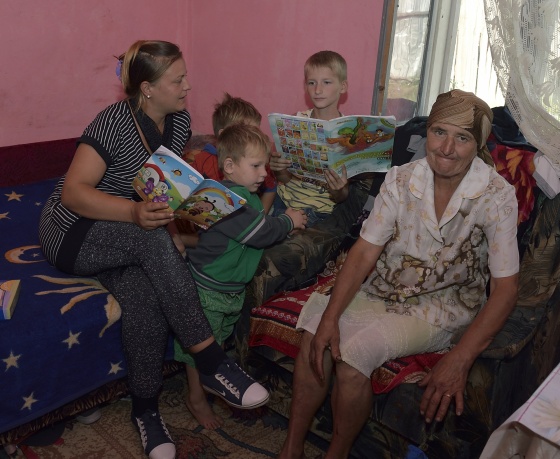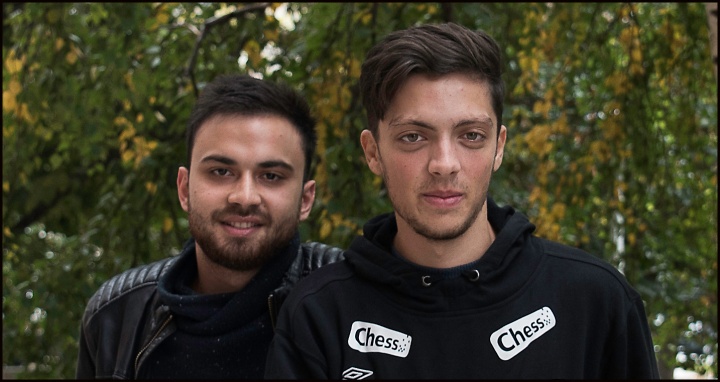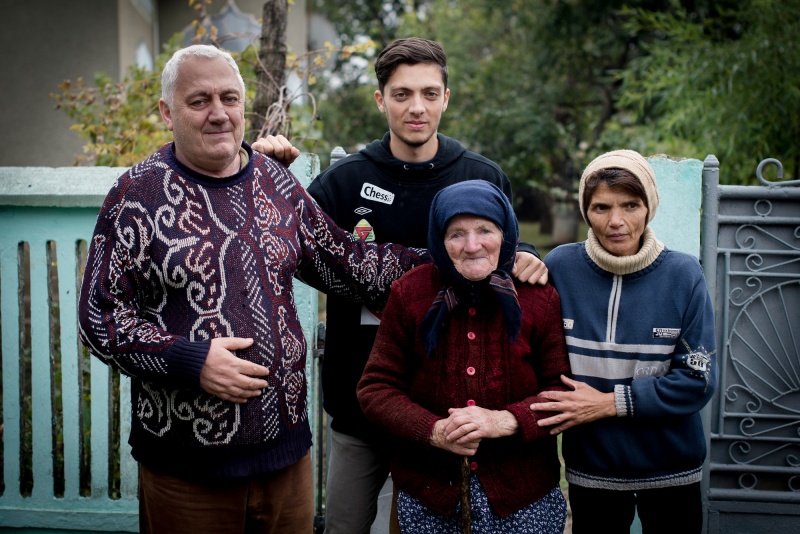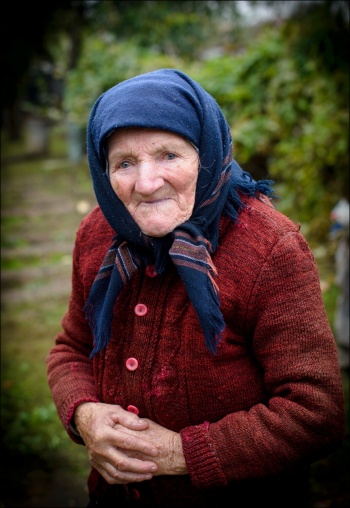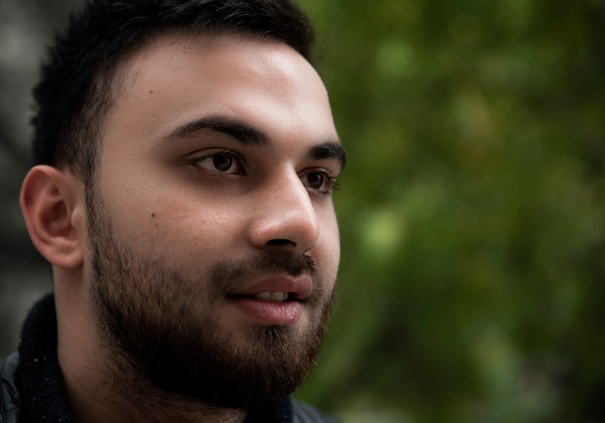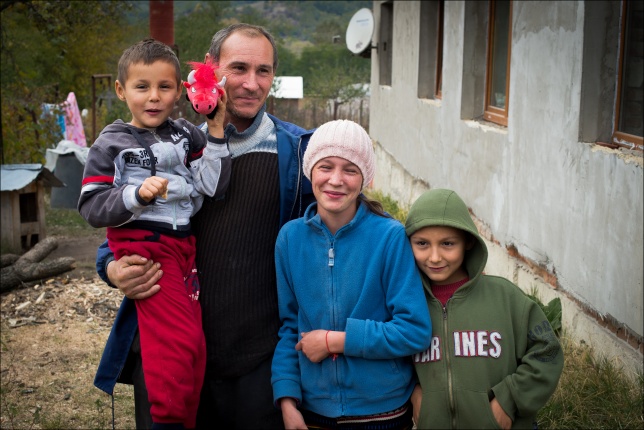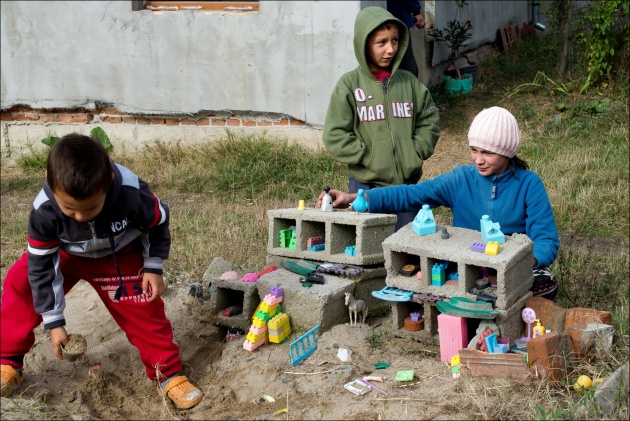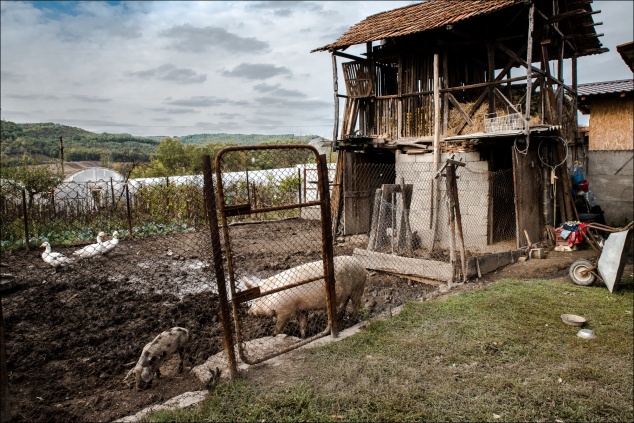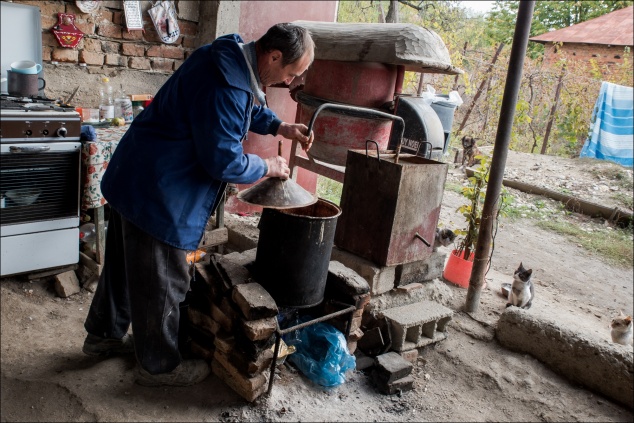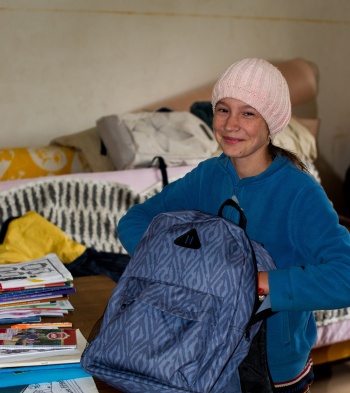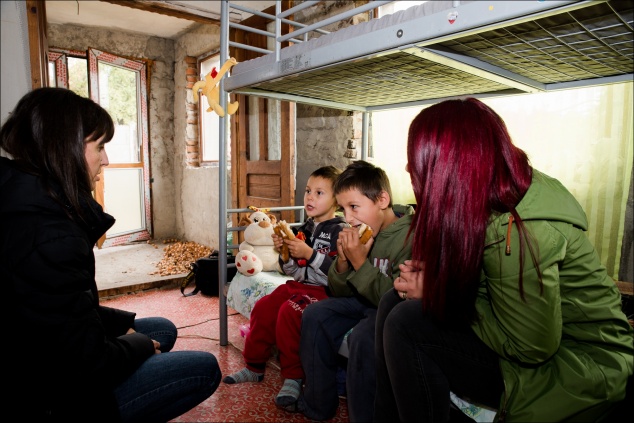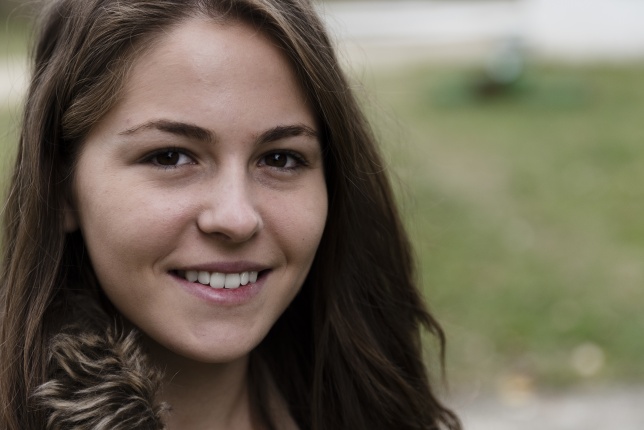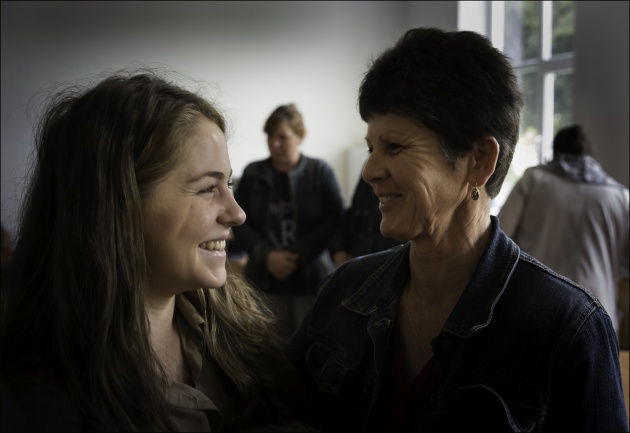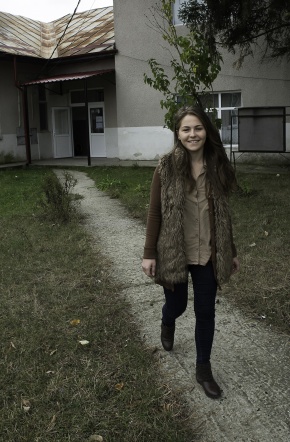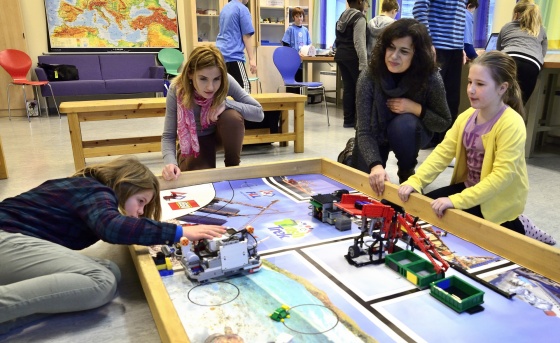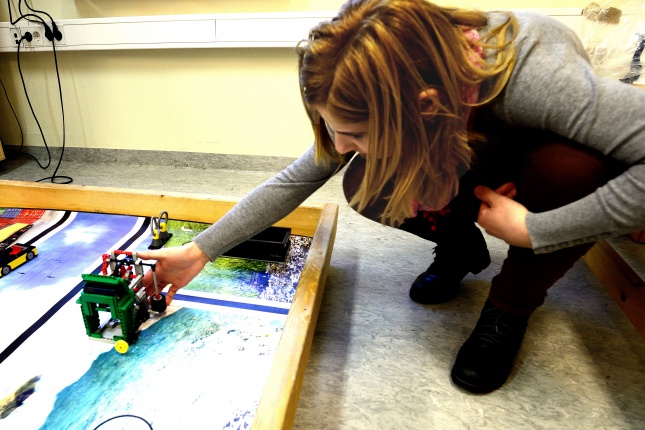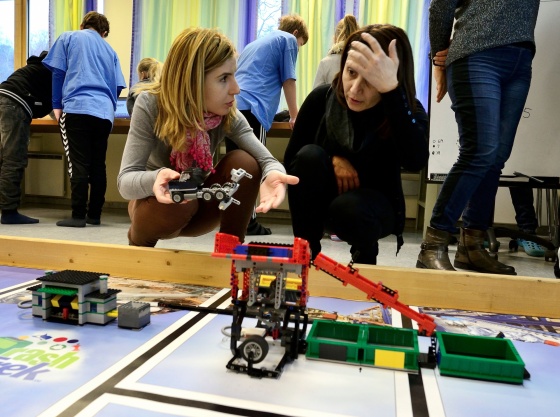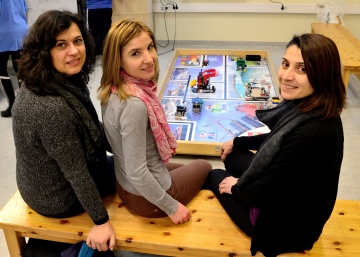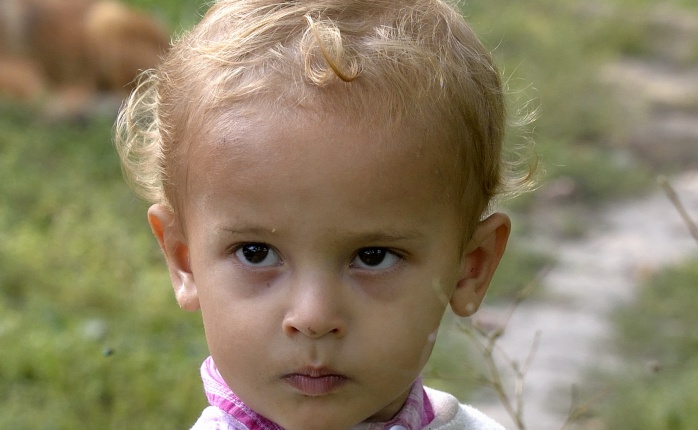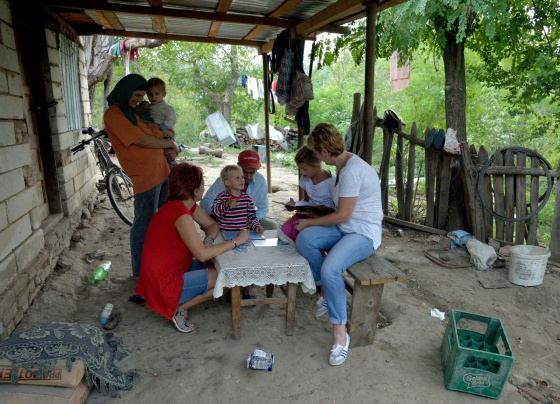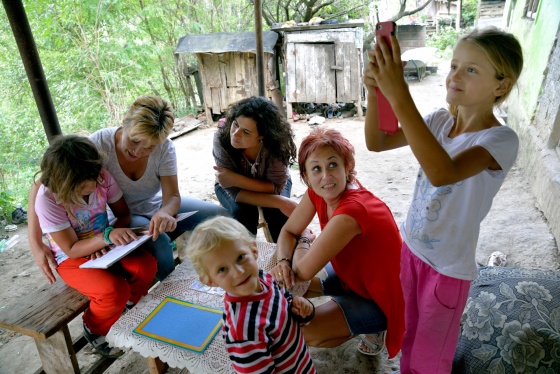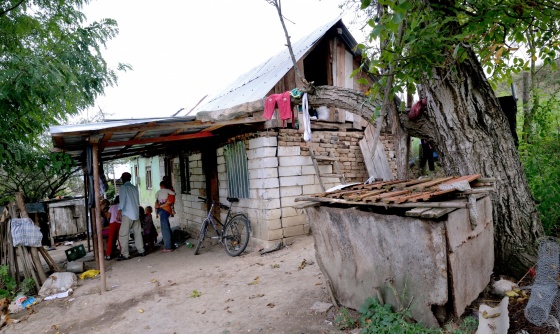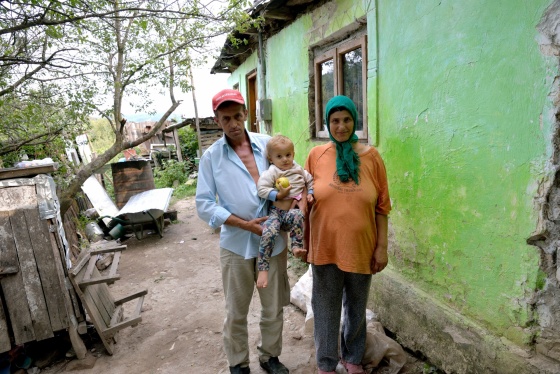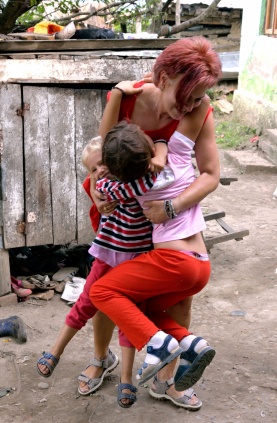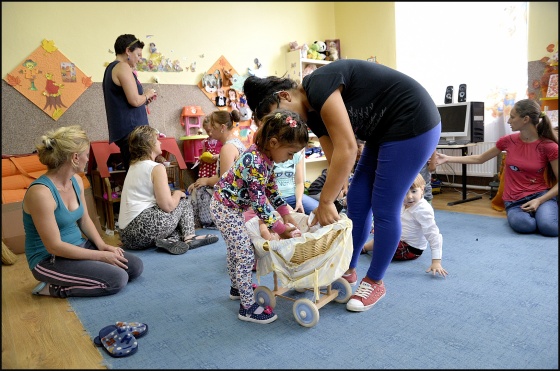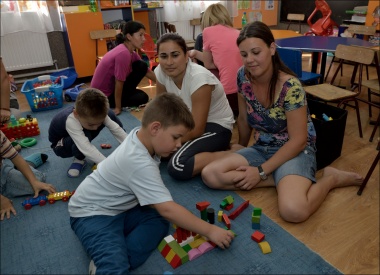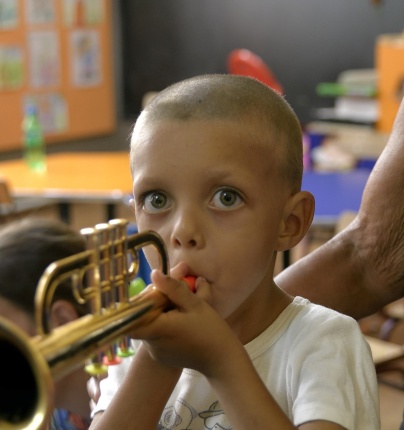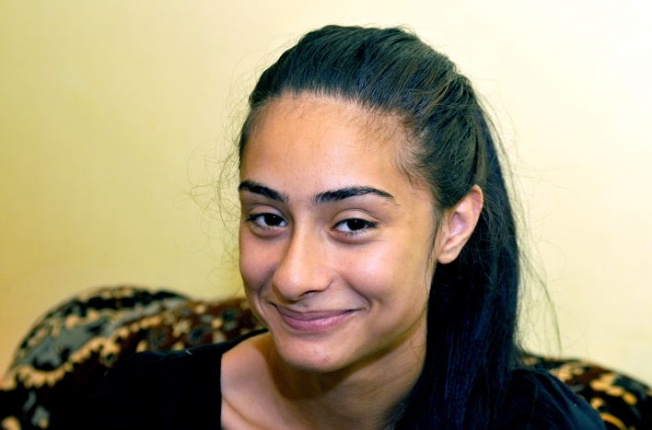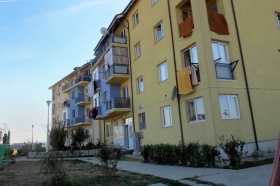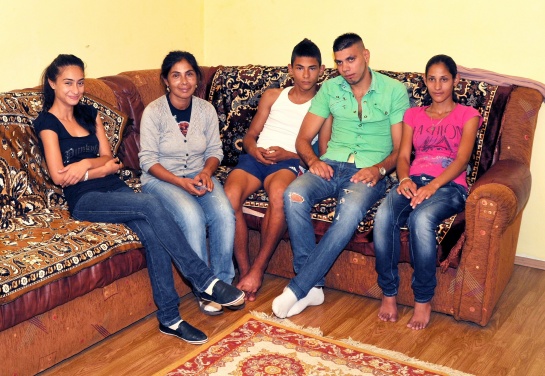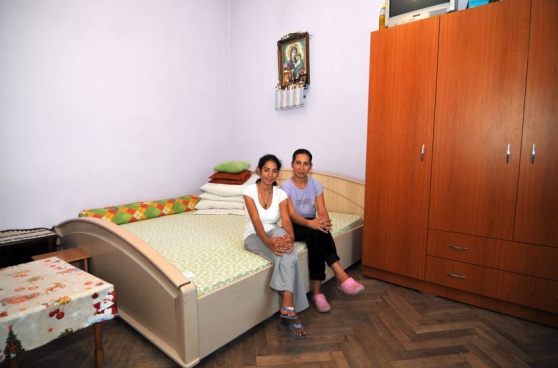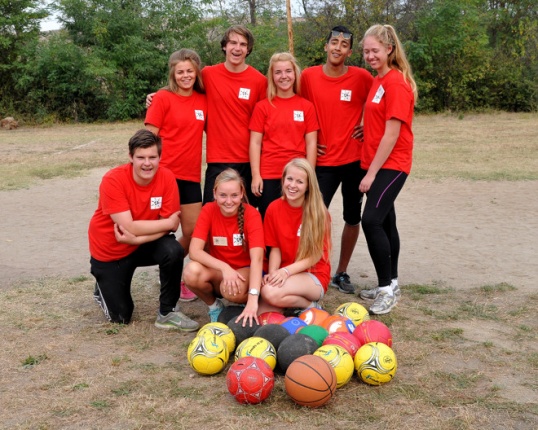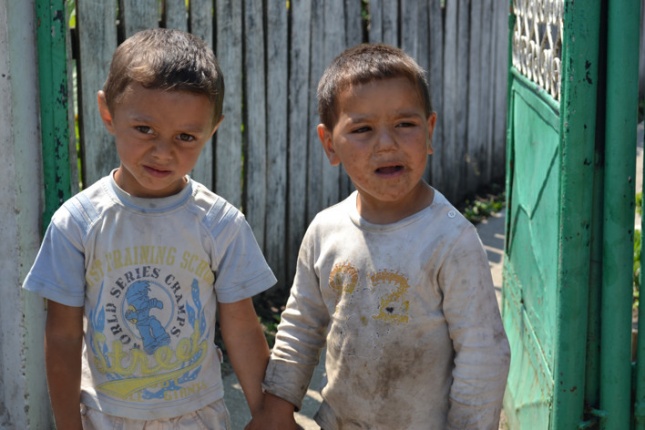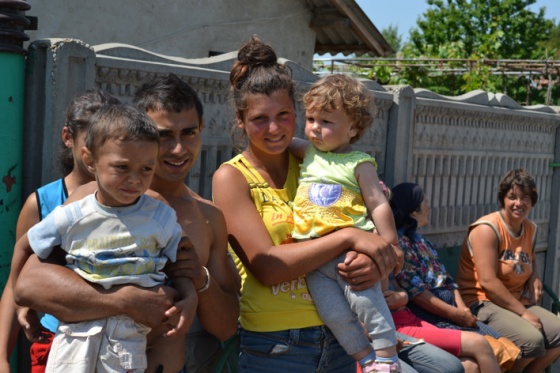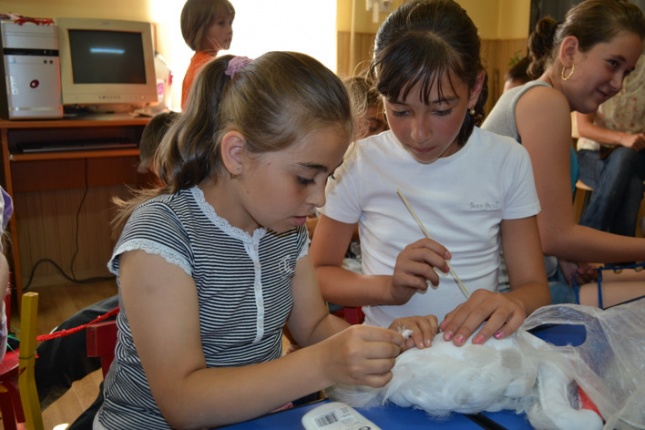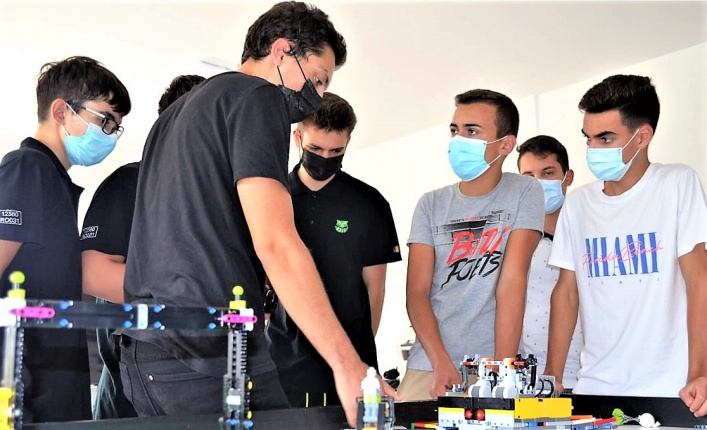
In Norway, we are all happy that the country has reopened, but although we are grateful to be able to enjoy freedom, we see that our colleagues in both Romania and Uganda are still struggling with obstacles related to the pandemic.
In Norway, we are all happy that the entire 85 % of the population has now been fully vaccinated and the country has reopened, but although we are grateful to be able to enjoy freedom in a more ordinary everyday life again, we see that our colleagues in the projects in both Romania and Uganda is still struggling with obstacles related to the pandemic. We are proud that Norway has managed to get this far in the vaccination campaign here at home, but at the same time the demanding situation of our colleagues in Romania and Uganda is another reminder of the inequalities and injustices in the world.
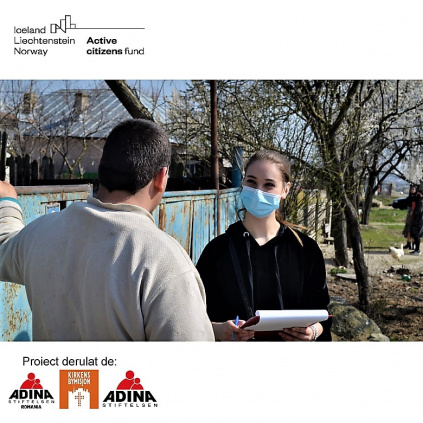
In Romania in early 2021, the country was well on its way to gaining control of the pandemic, but since September the country has had another outbreak of the coronavirus which has set new records for the number of infected in the country. Romania is currently one of the countries in the EU with the lowest vaccination percentage of the population with approx. 1/3 of the country fully vaccinated. The country's vaccination campaign has been hampered by the population's low trust in the authorities and misinformation about the vaccine (according to reuters.com). This has affected some of FAS '(Adina Romania) projects, but despite the situation, the staff has had the opportunity to keep Adina Home open for activities and has completed most of the planned activities for the year. Some students have nevertheless been prevented from participating in the offer at Adina Home when outbreaks of infection at the school they attend have sent them out of quarantine and prevented them from being able to participate in FAS activities. The staff has now worked in a "corona situation" for over a year and masks, social distancing, and a high focus on hand hygiene at the center have become part of everyday life. Despite the demanding situation, FAS has managed to start a new project in 2021, with funding from the EEA and the Active Citizens Fund. The project is called "Pupil to Employee" and is a collaboration with the Adina Foundation Norway and the Church's City Mission. The project is now underway, currently with digital solutions, but it is hoped that all the usual project activities can be carried out as planned from 2022. Active Citizens Fund Romania is a program funded by Iceland, Liechtenstein and Norway through EEA funds 2014-2021.
